Dhaka, July 20, (V7N) – The United Nations has officially launched the operations of the Office of the High Commissioner for Human Rights (OHCHR) in Bangladesh following a fact-finding investigation into the July 24 massacre that revealed the deaths of at least 1,400 people. This move comes amid growing concerns about human rights violations and increasing calls for accountability.
The fact-finding mission was sent by the UN in response to nationwide unrest, and its report raised global alarm. Following the investigation, the idea of establishing a UN Human Rights office in Dhaka was placed under review by Bangladesh’s Ministry of Foreign Affairs, Ministry of Home Affairs, and the Ministry of Law. After lengthy scrutiny, the government granted final approval.
Foreign Secretary Asad Alam Siam signed the memorandum of understanding (MoU) and forwarded it to Geneva. Last Thursday, UN High Commissioner for Human Rights Volker Türk signed the document, marking the formal commencement of the OHCHR’s activities in Bangladesh.
The office will be headquartered at the UN House in Dhaka’s Gulshan area. Similar OHCHR offices operate in countries facing human rights scrutiny, including Cambodia, Yemen, Sudan, Syria, Tunisia, Liberia, and Palestinian territories such as Gaza and Ramallah. This has prompted speculation about whether Bangladesh is now being viewed in a similar light.
Legal and Political Reactions
Supreme Court lawyer Barrister Jyotirmoy Barua commented that the necessity of such an office reflects a lack of trust in domestic institutions. “If national institutions had gained public confidence, there would have been no need for the UN Human Rights office,” he said.
Barrister Rashna Imam, another Supreme Court lawyer, said, “Whether the UN will intervene further depends on how the next government maintains international human rights standards. The office’s presence is both symbolic and functional—it puts the government under moral and diplomatic pressure.”
Implications for Accountability and Oversight
Human rights advocates believe the OHCHR office could pressure security forces and government agencies previously accused of serious violations—such as enforced disappearances and extrajudicial killings—into greater transparency. Analysts noted that Bangladesh has previously been accused of denying access to UN officials and withholding information related to such allegations.
Barrister Barua further added that although Bangladesh’s own human rights commissions have raised their voices, government agencies have often been unresponsive. “This new development could force state institutions to act with more accountability,” he said.
Barrister Imam echoed similar concerns: “It is a challenge for the government not to slide into authoritarianism. The presence of this office ensures a degree of oversight that could protect citizens' rights and help preserve the government’s image globally.”
Duration and Scope
As per the agreement, the UN Human Rights Office in Dhaka will operate for an initial term of three years. Its continuation will depend on both the human rights situation in the country and the consent of the Bangladesh government at that time.
END/RH/AJ



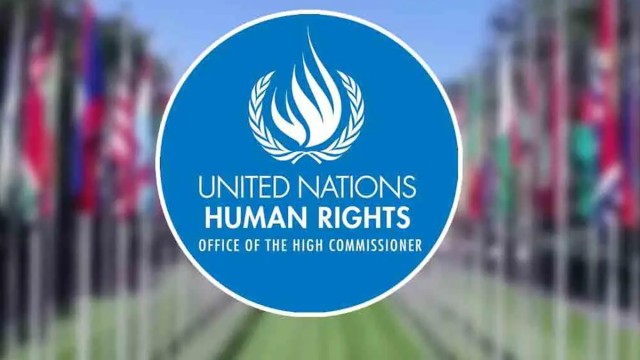
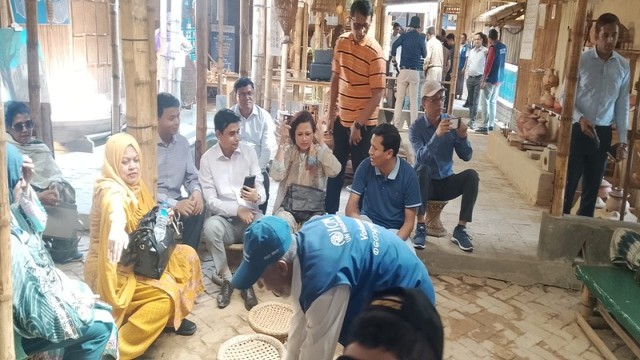
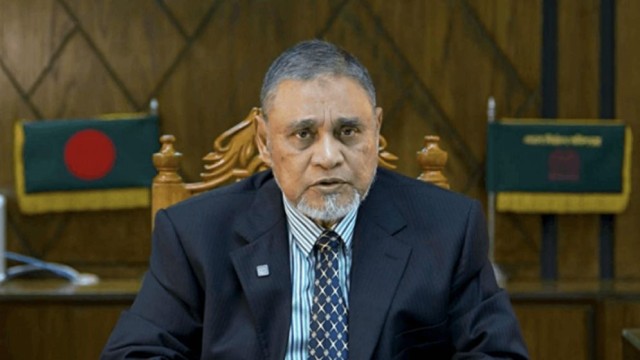

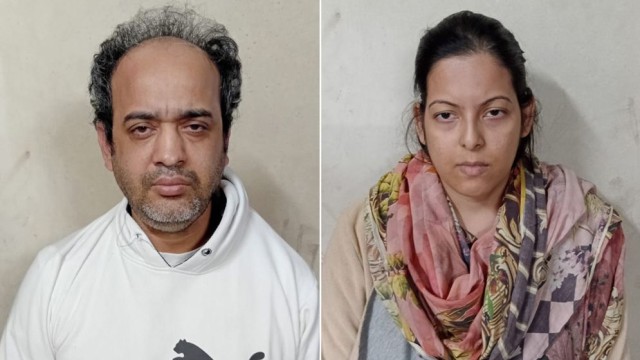

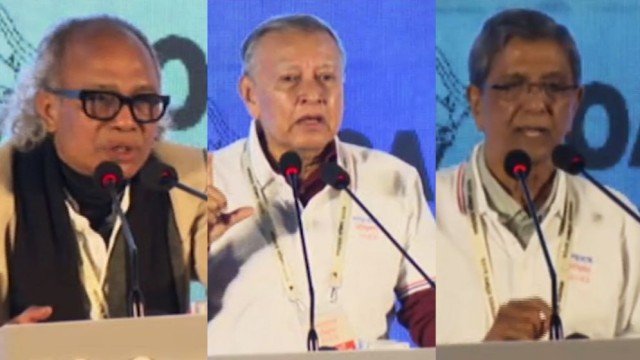


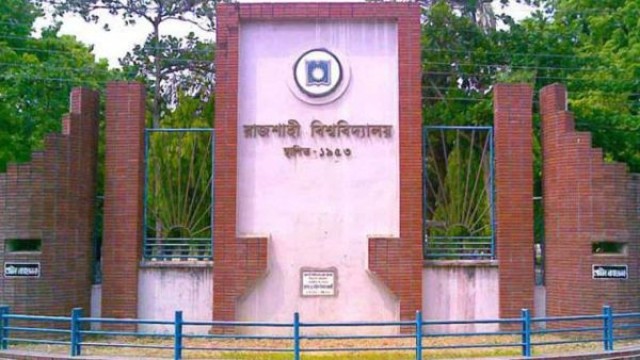
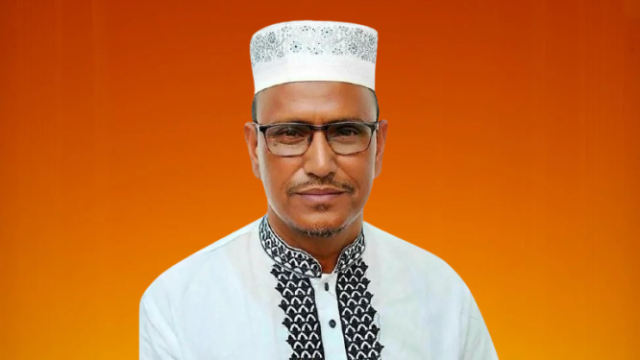
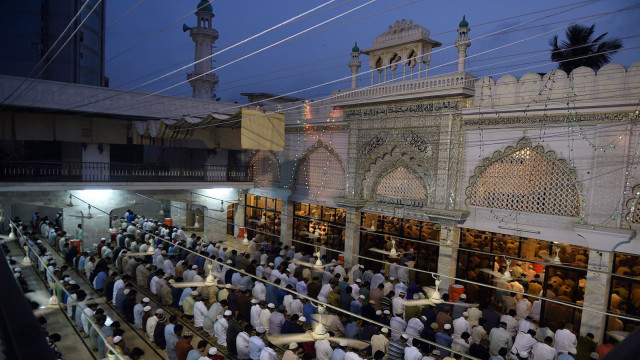



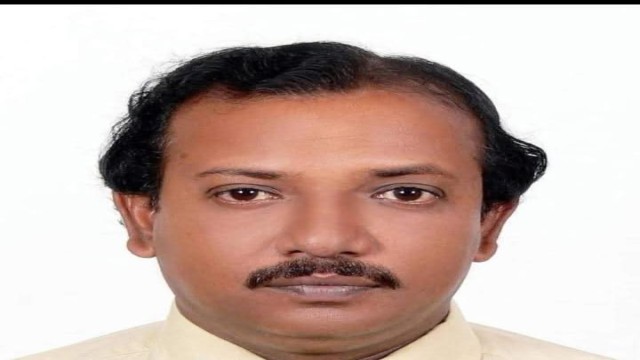











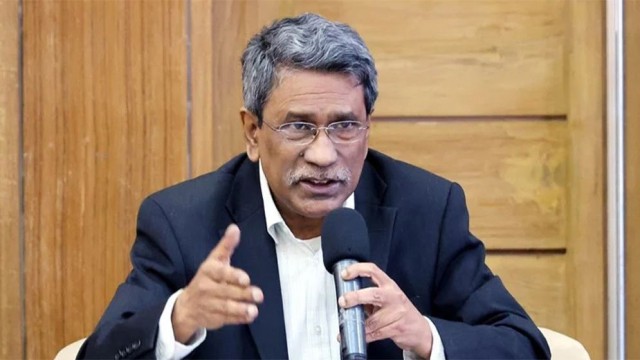
Comment: